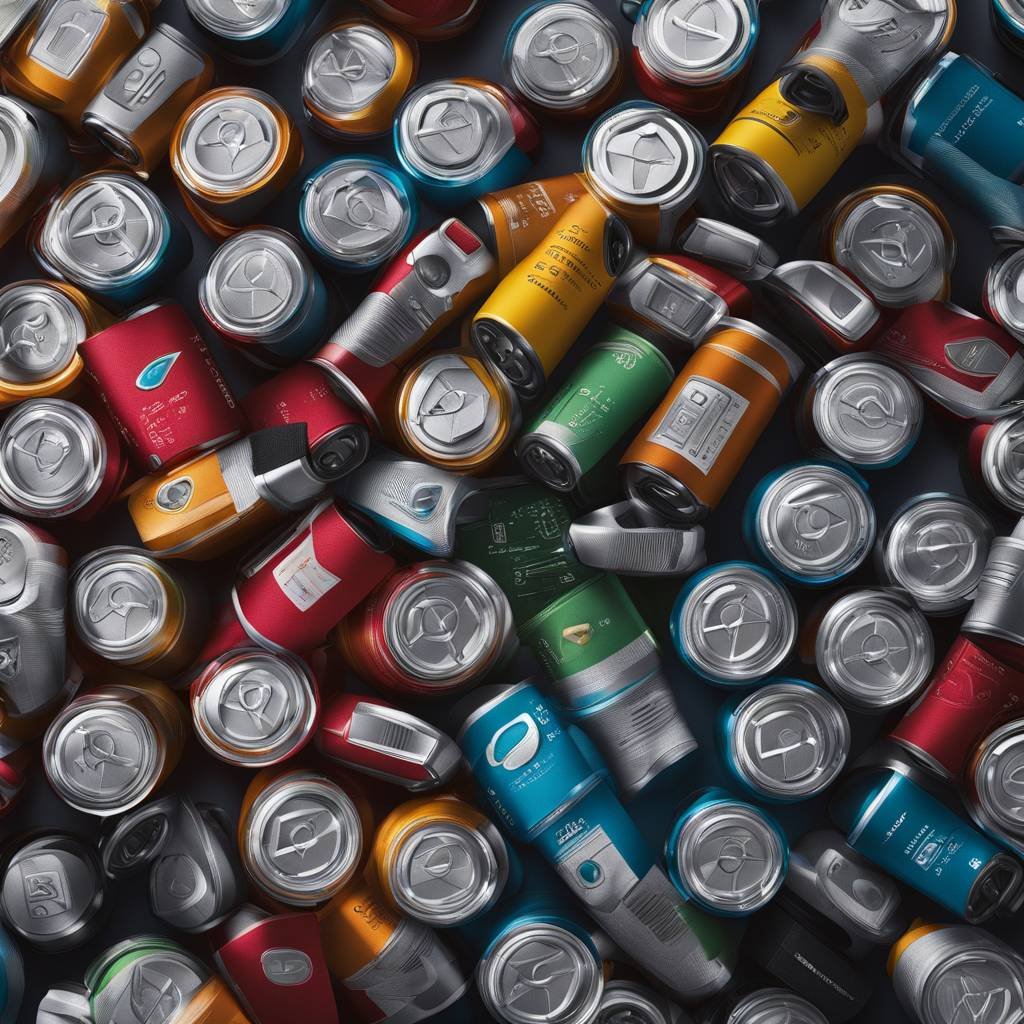Summary
– Factorial Energy delivered B-samples of 106+ Ah lithium-metal solid-state battery cells to Mercedes-Benz for joint development
– Factorial’s batteries use Factorial Electrolyte System Technology platform with specific energy of 391 Wh/kg
– The batteries are made using existing lithium-ion battery production equipment with minimal modifications
– Over 1,000 100+ Ah solid-state battery cells have been shipped to Mercedes-Benz in the A-sample phase
– Mercedes-Benz aims to enhance range and performance, reduce vehicle costs, and offer desirable electric vehicles with this next-generation battery technology
Article
US-based Factorial Energy has recently delivered B-samples of its 106+ Ah lithium-metal solid-state battery cells to Mercedes-Benz as part of their joint development agreement. These cells utilize Factorial’s Factorial Electrolyte System Technology (FEST) platform, which includes a lithium metal anode and provides a specific energy of 391 Wh/kg. The company’s solid-state batteries can be manufactured using existing equipment from lithium-ion battery production, requiring minimal modifications and reducing long-term operating costs significantly.
Factorial has already shipped over 1,000 100+ Ah solid-state battery cells to Mercedes-Benz during the A-sample phase of their collaboration. The B-samples will now be incorporated into modules and battery packs for further testing and optimization. This phase aims to validate the module and pack designs against Mercedes-Benz’s performance specifications, with the goal of enhancing range and performance while reducing overall vehicle costs.
Mercedes-Benz’s Chief Technology Officer, Markus Schäfer, expressed excitement about the potential of these B-sample batteries to validate the next-generation battery technology. He highlighted the opportunity to enhance range and performance, reduce vehicle costs, and offer the most desirable electric vehicles to customers. This collaboration showcases the importance of innovation in battery technology as a means to advance the electric vehicle industry and meet the growing demand for sustainable transportation solutions.
The use of Factorial’s solid-state battery technology represents a significant step forward in the development of more efficient and cost-effective batteries for electric vehicles. By utilizing the existing equipment from lithium-ion battery production, Factorial is able to streamline the manufacturing validation process and ultimately reduce operating costs in the long term. This approach could potentially revolutionize the production of solid-state batteries and accelerate their adoption in the automotive industry.
Factorial’s solid-state batteries offer a specific energy of 391 Wh/kg, demonstrating their potential to improve the performance and range of electric vehicles. By collaborating with Mercedes-Benz and providing B-samples for testing and optimization, Factorial is taking crucial steps towards commercializing their technology and bringing it to market. The validation of module and pack designs against performance specifications is essential for ensuring that these batteries meet the high standards expected by customers in the electric vehicle market.
In conclusion, Factorial Energy’s delivery of B-samples of its solid-state battery cells to Mercedes-Benz marks an important milestone in the development of advanced battery technology for electric vehicles. By leveraging existing equipment, Factorial is able to reduce manufacturing costs and streamline the validation process, making solid-state batteries more accessible and affordable. Through their collaboration with Mercedes-Benz, Factorial is working towards enhancing the performance and range of electric vehicles, ultimately contributing to the widespread adoption of sustainable transportation solutions in the automotive industry.
Read the full article here


